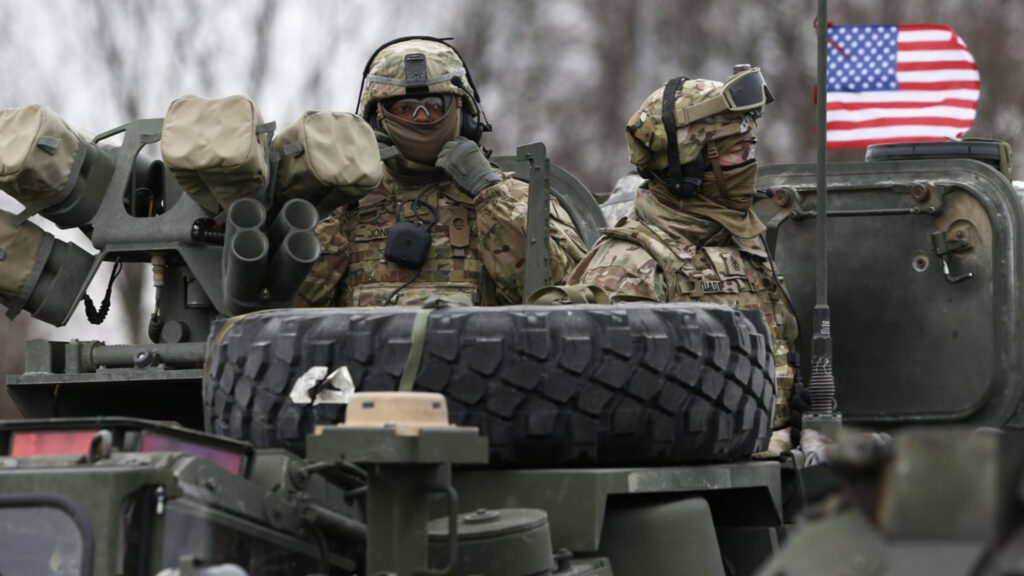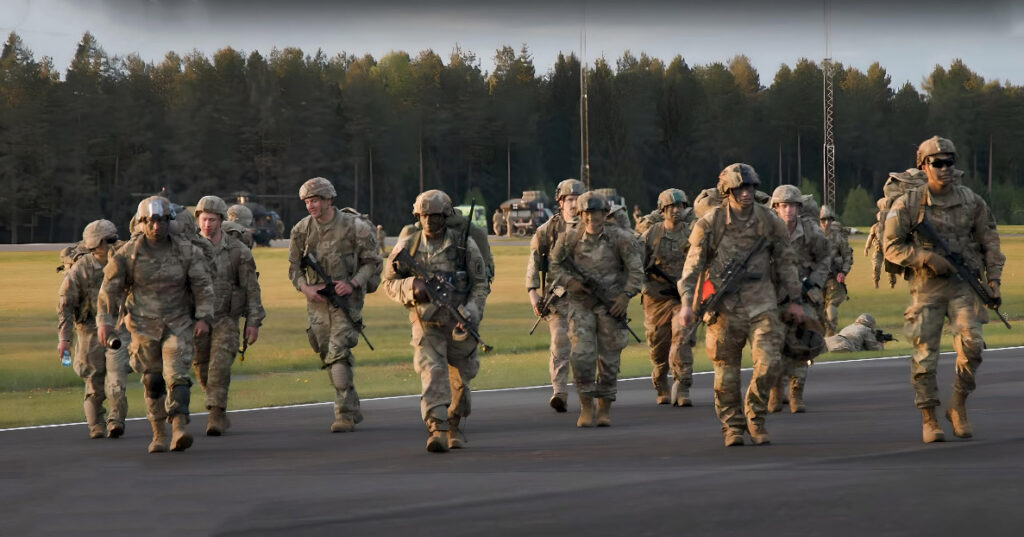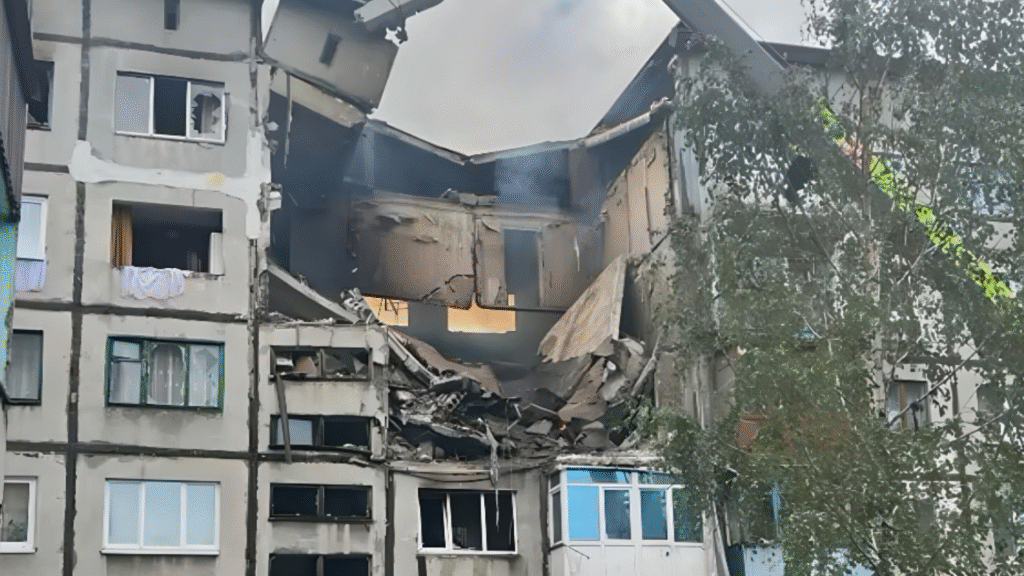Amid a rapidly changing global landscape and a shift in political direction in Washington, the recent statement by NATO Secretary General Mark Rutte serves as an important marker of stability. In an interview with The New York Times, he made it clear that there are no discussions about withdrawing American troops from the European continent, and such a question is not on the agenda.
This statement is especially notable against the backdrop of many assumptions and rumors circulating among experts following Donald Trump’s return to the presidency in January 2025. Despite Trump’s well-known rhetoric prioritizing domestic issues and resource reallocation, the official stance on military cooperation remains firm and consistent.
Rutte emphasized that the physical presence of American military units and defense systems is not a relic of the past but an active element of the current collective security architecture. He reminded that amid the ongoing conflict in Ukraine, increased activity in the Black Sea, and tensions in the northeast, the alliance cannot afford to weaken its defensive lines.
Particular attention is being paid to strengthening the eastern flank. In Poland, the Baltic countries, and Romania, troop deployments are being increased, mobile air defense systems and early warning systems are being positioned. This is not only a show of readiness but a practical implementation of a renewed deterrence strategy.
The United States, Rutte stressed, continues to play an indispensable role in this system: from high-tech satellite solutions and missile defense systems to participation in the nuclear triad. Their resources, intelligence, and industrial potential remain the foundation of the alliance partners’ defense capabilities.
Moreover, the new Secretary General highlighted the need to increase defense spending among member countries. This issue has long been on the agenda and its relevance only grows. Modern threats — from Russian offensive actions to cyber operations potentially backed by other powers — demand not declarative but financially supported responsibility.
Thus, NATO’s position and that of its key members remains firm: the discussion is not about revision but about further strengthening the presence. In times of instability, this is not only a response to challenges but a clear signal: security is not a matter of compromise, but a long-term priority.



